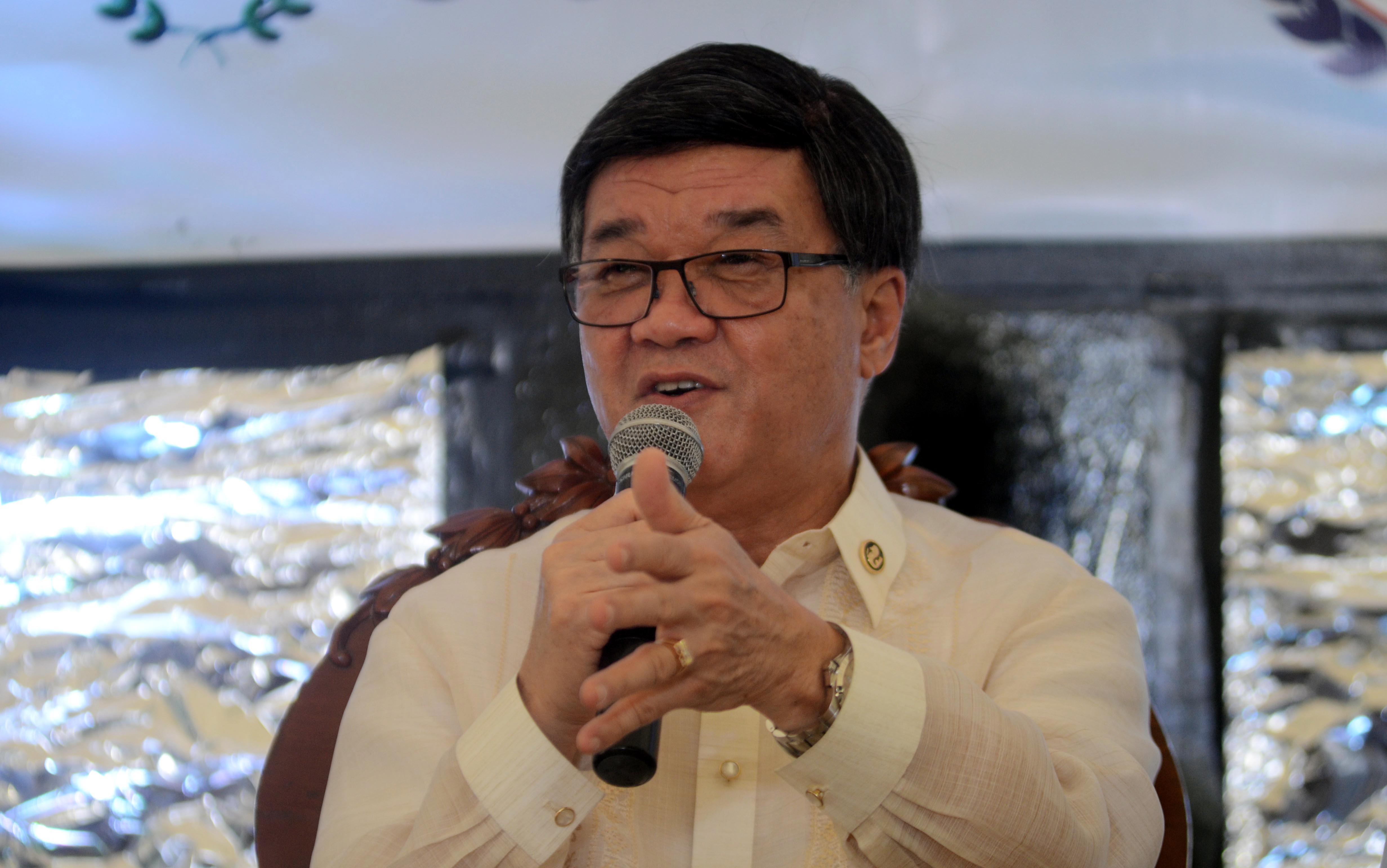MANILA — On the heels of the move to prosecute President Duterte and other government officials before an international court, a global rights watchdog challenged Justice Secretary Vitaliano Aguirre to prosecute police officers and other perpetrators of killings related to “war on drugs.”
Amnesty International chapters from 20 countries including the Philippines issued an open letter to Aguirre on Tuesday urging him to “prioritize” the investigation of drug-related killings, saying these “may constitute crimes against humanity.”
“Send a clear public message to all law enforcement officials that extrajudicial executions are unacceptable and strictly prohibited at all times,” Amnesty urged Aguirre.
The group asked Aguirre to ensure “prompt, impartial and effective investigations” into all killings by the police and unknown armed persons under the government’s war on drugs, and to press criminal charges after the investigations.
“High-ranking government officials, and in particular the Philippine President, have explicitly and repeatedly incited police as well as private citizens to kill people they suspect of using or selling drugs, rather than acting in accordance with national laws,” Amnesty said.
“Until now, it is unclear how many police, and unknown armed persons have been investigated, let alone charged for suspected extrajudicial executions, and other serious human rights abuses,” it added.
The open letter was signed by the heads of Amnesty chapters in Australia, Belgium, Canada, Germany, Hong Kong, India, Indonesia, Japan, Korea, Malaysia, Mongolia, Nepal, New Zealand, Netherlands, Norway, Spain, Thailand, Taiwan, USA and the Philippines.
On Monday, the lawyer of alleged hit man Edgar Matobato asked the International Criminal Court prosecutor Fatou Bensouda to investigate for possible prosecution Duterte and 10 other government and police officials for allegedly committing crimes against humanity under the anti-drugs campaign.
In its annual report on the human rights situation in the country, Amnesty said most of the 33 killings of alleged drug suspects it had investigated appeared to have been extrajudicial executions carried out by police officers or by assassins paid by police officers.
Amnesty said Duterte’s war on drugs was a war against the poor since most of those killed were men from urban poor communities.
The group said the “violent and lethal” approach taken by Philippine authorities against alleged drug users and pushers not only violated human rights but would only increase the levels of violence and corruption without solving drug crimes.
Meanwhile, former Commission on Human Rights chairperson Etta Rosales said the filing of the complaint before the ICC was “just the beginning of a rigorous process of judicial determination” and warned that the matter should not be used for politicking.
“Not for one moment should anyone use the ICC and this particular case as a tool for propaganda and deal-making,” Rosales said.
She said she welcomed the filing of complaint to charge Duterte and other government officials with crimes against humanity.
“I personally consider this as an important step towards strengthening the rule of law in terms of holding the individuals concerned accountable for their actions, words and inactions; and in terms of subjecting the current approach to drug abuse to a thorough and objective judicial review,” she added. SFM


